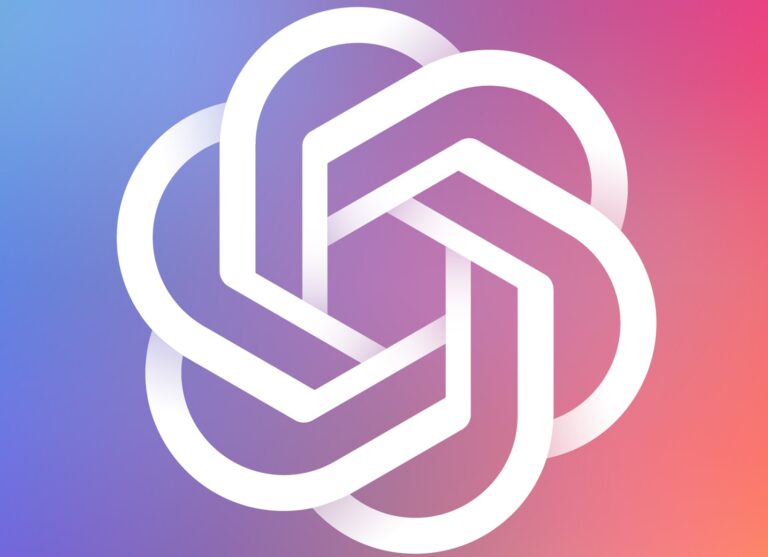Microsoft plans to invest $10 billion in OpenAI, the parent startup of the wildly popular ChatGPT artificial intelligence. This is a breath of fresh air for the company, which – in recent weeks – was showing a suffering balance sheet precisely because of its incredible popularity.
The deal is part of a funding round also involving other parties, which determined OpenAI’s value at $29 billion. Let’s see why Microsoft is showing so much interest in this new technology.
Table of Contents
The agreement between Microsoft and OpenAI
To date there are no details on when the agreement will be officially finalized, although initially the final handshake was expected by the end of 2022. So we know that the terms have been slightly extended.
Microsoft will then get 75 percent of OpenAI’s profits until it reaches its invested capital, after which the giant will hold 49 percent of the company.
But why all this interest in ChatGPT?
Does the future of search engines lie in artificial intelligence?
Well, the tech world has already had its eyes on this new technology for several weeks. It is an artificial intelligence model useful for producing texts as similar and faithful as possible to what a human would write.
ChatGPT is a variant of the GPT-3 model. This is another family of artificial language models already used for a variety of uses by large companies. From programming code development to text writing.
Microsoft’s bet on ChatGPT could help the behemoth improve its search engine to finally succeed in competing with the industry leader, namely Google, which today holds absolute power in this field.
In fact, Bing, Microsoft’s search engine, holds only a small portion of the total volume of web searches. However, such a technology could be a game changer. And subvert the hegemony of the main competitor by going on to add search capabilities never seen before.
In December, Morgan Stanley had issued a report examining risk factors for Google should ChatGPT be acquired by a competitor. Brian Nowak, an analyst for Alphabet, had confirmed the suspicion. Arguing that such a model could really change everything and “erode Google’s position as an entry point for people on the web.”
OpenAI, founded in 2015 by entrepreneur Sam Altman in prosperous Silicon Valley, launched ChatGPT only in late November last year, achieving instant worldwide success. However, that has also caused problems.
Despite great optimism toward the project, the latter had suffered a heavy setback due to the sky-high cost of server consumption – which practically exploded as a result of its global virality.
Five days after the release of ChatGPT, OpenAI had in fact encountered over one million users. A setback that made its fortune, however.
Read also: Is Microsoft about to buy Netflix? Here’s what could change for users












